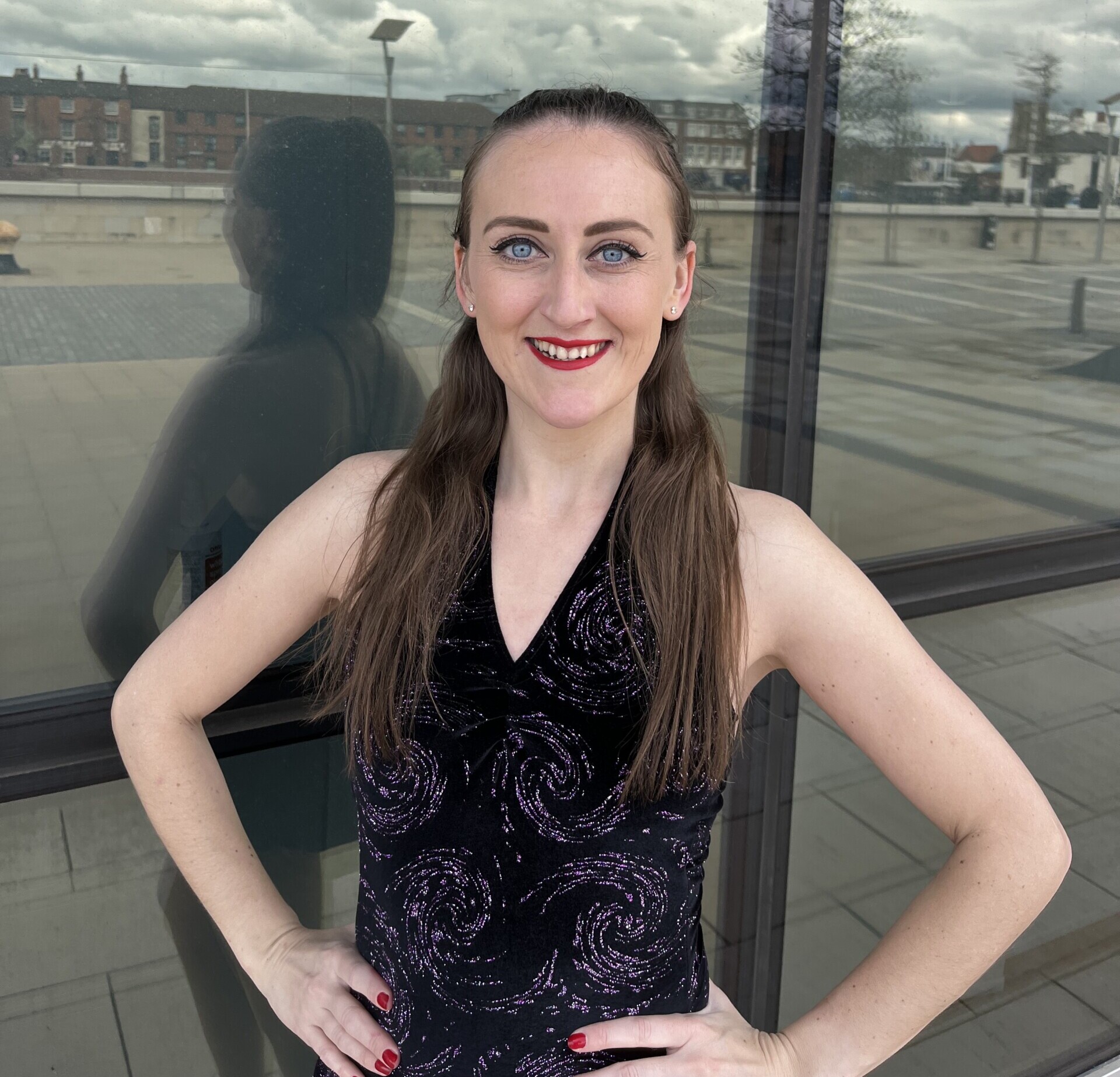
I have been diagnosed with secondary immunodeficiency linked to previous chemotherapy treatment that I received to treat blood cancer.
In February 2019, aged 27, I was diagnosed with primary mediastinal B-cell lymphoma, which is a rare type of non-Hodgkin lymphoma. As a professional figure skater, my cancer diagnosis came as a big shock to me, especially as I didn’t show many symptoms other than a persistent cough. I had developed an extremely large mass in my chest that had started to cut off the blood supply to my head and I was admitted to intensive care, where I received my diagnosis and started chemotherapy treatment immediately.
Having my immunoglobulin levels tested
My cancer treatment entailed six rounds of R-CHOP chemotherapy with G-CSF injections followed by 15 sessions of radiotherapy, and this regime was highly successful in treating the lymphoma. The COVID-19 pandemic hit the UK just as I finished my treatment and I spent nearly two years shielding as I was immunosuppressed from treatment and therefore vulnerable.
Eventually I was able to start ice-skating again, but I spent the next two years constantly unwell, with extreme fatigue and numerous infections. I reported my symptoms at my clinic appointments, but the doctors were not concerned as there were no signs of my lymphoma returning and my blood counts appeared normal. I was very confused as to why I was feeling so unwell all the time with no obvious explanation. Last year, after suffering repeated infections, taking numerous courses of antibiotics and feeling constantly fatigued, I demanded answers at a haematology appointment and, finally, a doctor tested my immunoglobulin levels.
Transfer from haematology to immunology departments
The blood tests showed that my immunoglobulin levels were extremely low. I was referred straightaway to the immunology department, where the consultant was surprised that my low levels had remained undetected for so long and I discovered that I had hypogammaglobulinemia. I was put on a course of daily antibiotics immediately and underwent further testing and vaccinations to assess my antibody responses. The tests confirmed that I needed to start immunoglobulin replacement therapy.
Choosing subcutaneous immunoglobulin therapy
My consultant told me that the type of chemotherapy regime I had to treat my lymphoma has been known to cause secondary immunodeficiency and it offered an explanation for my tiredness and constant and repeated infections. The consultant explained in detail the different immunoglobulin treatment options available. I have chosen to have subcutaneous immunoglobulin therapy because it suits my lifestyle and gives me more freedom and control over my condition.
After six weeks of training at the hospital with my specialist immunotherapy nurse, I am now able to administer the infusions by myself at home once a week. I usually do my infusions in the evening before going to bed because they make me sleepy. The process takes about 1.5 to 2 hours and passes quickly while I watch something on the TV or catch up with social media on my phone. I am still in the initial stages of my treatment and I am looking forward to feeling the positive differences to my health that the infusions will bring and having more energy again.
The top tips I would give to other people newly diagnosed with, or affected by, secondary immunodeficiency
There are a variety of different treatment options available, which means that you can choose the one that suits you and your lifestyle best and allows you to take control of your condition rather than letting it control your life.
I made sure that a family member or friend came with me to every hospital appointment because they often had interesting questions to ask the immunology team that I hadn’t thought of myself. They were also very helpful in retaining and remembering all the different information that I was being given during these appointments. Furthermore, attending my appointments helped them to understand my diagnosis better.
Being diagnosed with secondary immunodeficiency has been life-changing for me. Since starting treatment, I have more energy and don’t feel so ill and drained all the time. The infusion treatments were a little daunting at first, but now they are something on my weekly ‘to-do list’ that I can fit in around my lifestyle.
Posted February 2024





